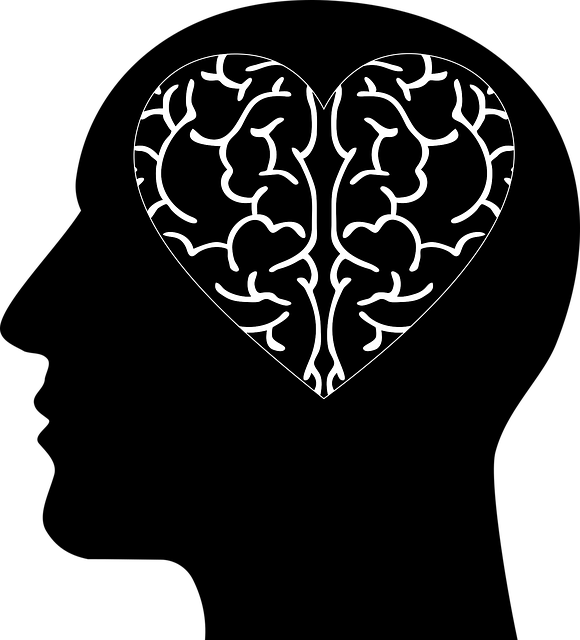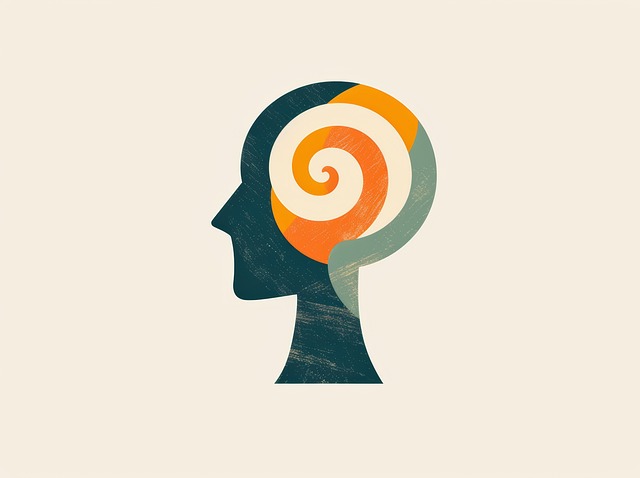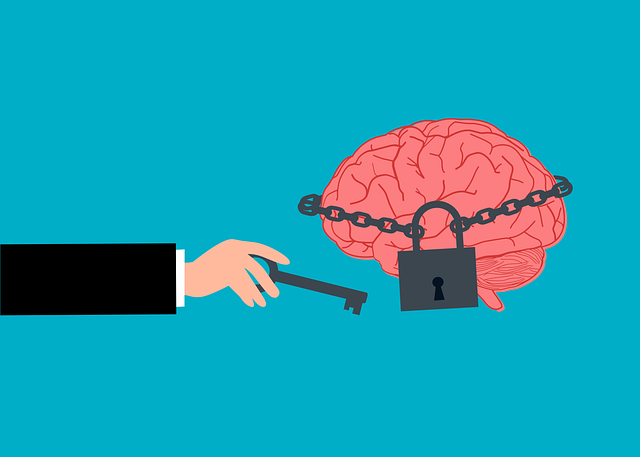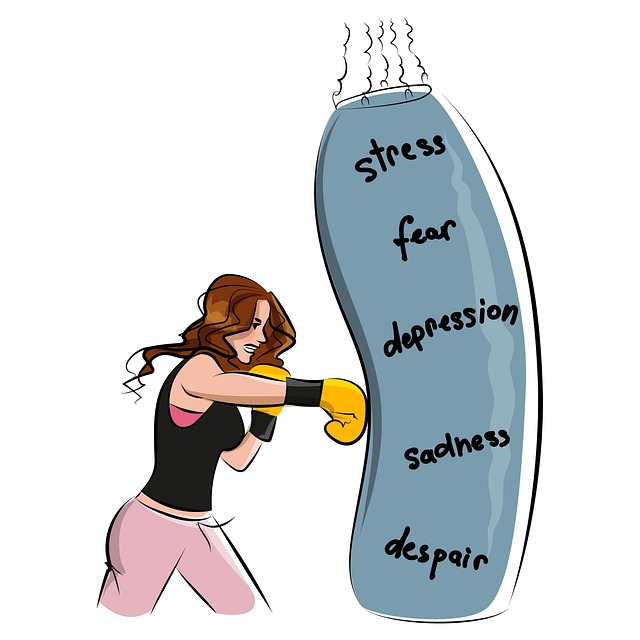For young adults in Russian-speaking communities, self-care is crucial for dealing with academic pressures, career uncertainties, and social expectations. Many face barriers to implementing self-care practices due to a lack of awareness or resources. Mindfulness meditation, social skills training, and hobbies can mitigate stress, anxiety, and depression. Tailored therapy approaches, such as Cognitive Behavioral Therapy (CBT), personalized care, and incorporating Russian cultural elements, address unique challenges in accessing mental health services, fostering trust, and creating safe spaces. These strategies empower young adults to improve self-care habits, build resilience, and develop effective coping mechanisms, enhancing their overall well-being.
Self-care is essential for young adults, especially those from diverse backgrounds like the Russian-speaking community. This article explores the unique challenges faced by Russian-speaking youth and offers valuable insights into effective therapy approaches to enhance self-care habits. Understanding the importance of self-care for this demographic is crucial in promoting mental well-being. We delve into specific strategies tailored to their needs, providing a comprehensive guide for professionals and individuals seeking therapy for young adults Russian speaking.
- Understanding the Importance of Self-Care for Young Adults
- Unique Challenges Faced by Russian-Speaking Youth and How to Overcome Them
- Effective Therapy Approaches for Enhancing Self-Care Habits in This Demographic
Understanding the Importance of Self-Care for Young Adults

For young adults, self-care is not a luxury but an essential practice for overall well-being and mental health. This demographic often faces unique challenges, such as navigating academic pressures, career uncertainty, and social expectations, which can lead to increased stress, anxiety, and depression. Many young people may not recognize or prioritize self-care due to a lack of awareness or resources, especially those who are not yet receiving therapy for young adults in Russian speaking communities.
Integrating self-care practices into daily routines can help mitigate these issues. Activities like mindfulness meditation, social skills training, and engaging in hobbies have proven benefits. For example, a risk assessment for mental health professionals might highlight the positive impact of regular exercise or connecting with nature on improving mood and reducing symptoms of common mental health disorders. By promoting self-care, young adults can enhance their resilience, build healthier relationships, and develop coping mechanisms to better manage life’s challenges.
Unique Challenges Faced by Russian-Speaking Youth and How to Overcome Them

Many Russian-speaking youth face unique challenges due to cultural, linguistic, and sometimes political factors. Accessing mental health services can be particularly difficult for this demographic. Barriers include a lack of culturally sensitive resources in their language and limited familiarity with Western therapeutic practices. Moreover, some young adults might feel hesitant to seek help due to stigma or fear of judgment within their community.
Overcoming these challenges requires tailored approaches. Encouraging participation in therapy for young adults Russian speaking should focus on building trust through personalized care. Therapists can incorporate compassion cultivation practices and emotional regulation techniques adapted from traditional Russian cultural elements, creating a safe space. By fostering understanding and acceptance, these strategies facilitate emotional healing processes specific to the individual’s background.
Effective Therapy Approaches for Enhancing Self-Care Habits in This Demographic

For young adults from Russian-speaking backgrounds, finding effective therapy approaches to improve self-care habits can be transformative. Cognitive Behavioral Therapy (CBT) has proven particularly beneficial in addressing common mental health challenges and teaching practical coping mechanisms. This evidence-based method focuses on identifying and changing negative thought patterns, which can significantly enhance overall well-being.
Integrating Mind Over Matter principles within therapy sessions encourages individuals to cultivate a positive mindset, fostering self-care behaviors such as regular exercise, mindfulness practices, and healthy sleep habits. Additionally, Stress Management Workshops Organization offers structured programs tailored to the unique needs of Russian-speaking young adults, providing them with valuable tools for stress reduction and resilience building. Mental Health Education Programs Design can also empower individuals by equipping them with knowledge about mental health resources available, thereby encouraging proactive self-care management.
Self-care is an essential aspect of overall well-being, especially for young adults navigating life’s challenges. By understanding and addressing unique barriers faced by Russian-speaking youth, we can significantly improve their self-care practices. Effective therapy approaches tailored to this demographic play a crucial role in fostering healthier habits. Seeking professional help, such as specialized therapy for young adults Russian speaking, provides valuable support and guidance, enabling individuals to embrace a more balanced and fulfilling life.














